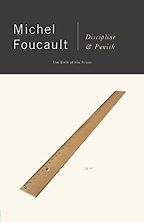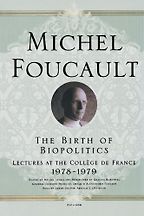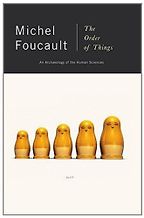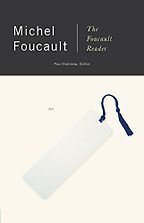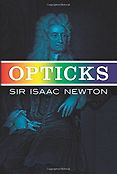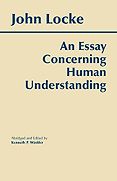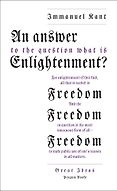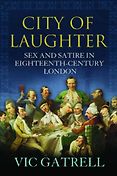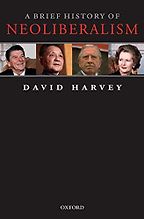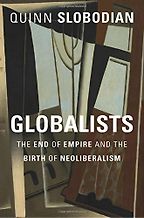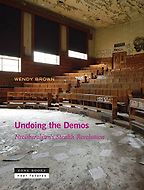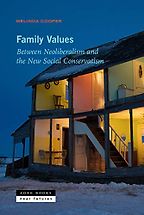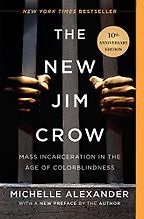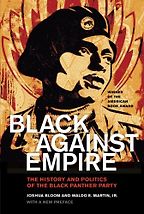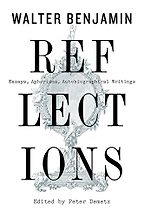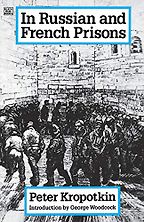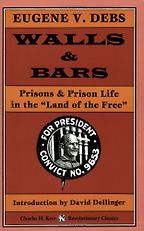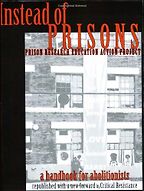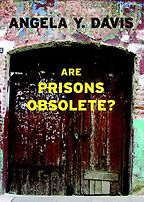Books by Michel Foucault
“Discipline and Punish is more theoretical and abstract than a lot of abolitionist writing, and Foucault is of course not just attacking the prison system, but other social systems of domination and control that he thinks are attendant to it. He has large ambitions here in critiquing a central feature of modern social life, one that some people now call the carceral system or carceral ways of responding to others and controlling others.” Read more...
The best books on Prison Abolition
Tommie Shelby, Philosopher
“These are lectures that Michel Foucault gave at the College de France in 1978 and 1979. They were only published in English in 2008. They still constitute some of the most interesting writing on neoliberalism. Foucault saw in neoliberalism an ideology that vastly increased the terrain of human activities that could be understood by reference to market principles.” Read more...
The best books on Neoliberalism
Gary Gerstle, Historian
“It begins with a painting: Velasquez’s Las Meninas. Foucault does a reading of that painting to show that at any particular moment in culture, the way that something gets represented and the ways in which we analyze representation – what we choose to see, what is emphasized, what occluded – is governed by a world view peculiar to that age. What he does is to track changes in the way that knowledge and ideas get organized from the Renaissance onward. And for my purposes what’s really extraordinary about this book is Foucault’s description of the renaissance world as being a world of infinite connectedness, infinite analogy, where it seems that everything is analogous or equivalent to everything else. So that if you think about the world of a Shakespeare play you realize that the world of finance and of magic and of the professional classes and of the aristocracy – poets, madmen – all of these worlds are knowable and fundamentally the same. But what happens with the Enlightenment is that suddenly it occurs to people that perhaps, rather than everything being comparable to everything else, rather than analogy being the system of understanding, that perhaps distinction and discrimination might be a better way of understanding the complete human experience. What’s particularly compelling about Foucault’s approach is that he recognizes that we are always struggling with the same problems: how to understand the world around us; how to connect different aspects of experience and give them meaning. This impulse to order is what we do when we think and Foucault recognizes the same impulse in every age; but by creating an anatomy of each distinct period since the renaissance he helps us to grasp the way in which people are looking and representing things differently even if they are asking very similar questions.” Read more...
The best books on The Enlightenment
Sophie Gee, Literary Scholar
“I wanted to recommend a couple of Foucault books here. He’s going through a less fashionable phase now, but I think he’s one of the most exciting, innovative thinkers of the twentieth century. I also wanted to show that part of post-structuralist thinking in the twentieth century – i.e. what went on to become cutting-edge modern philosophy – was still deeply indebted to the Enlightenment. Something amazing happened in the last years of the seventeenth century that somebody in the 1960s was still thinking through. And I suppose that the question Foucault asks is, how, after the catastrophes of the twentieth century—the Holocaust, the world wars, the economic depression—are we going to reground ourselves? How are we going to find an intellectual framework from which we can understand what we’ve done to ourselves and establish the foundations of an ethical life?” Read more...
The best books on The Enlightenment
Sophie Gee, Literary Scholar
Interviews where books by Michel Foucault were recommended
The best books on The Enlightenment, recommended by Sophie Gee
The author of The Scandal of the Season – and Princeton University professor – gives an 18th century literature specialist’s view of the Enlightenment.
-

1
A Brief History of Neoliberalism
by David Harvey -

2
Globalists: The End of Empire and the Birth of Neoliberalism
by Quinn Slobodian -

3
The Birth of Biopolitics: Lectures at the Collège de France, 1978–1979
by Michel Foucault -

4
Undoing the Demos: Neoliberalism's Stealth Revolution
by Wendy Brown -
5
Family Values: Between Neoliberalism and the New Social Conservatism
by Melinda Cooper
The best books on Neoliberalism, recommended by Gary Gerstle
The best books on Neoliberalism, recommended by Gary Gerstle
Neoliberalism is, arguably, the dominant political and economic ideology of the Western world, although its dominance is contested and the ills of the world are often laid at its door. Here Cambridge historian Gary Gerstle discusses five books that will help you understand neoliberalism’s origins, its ambitions and why it has been supported and opposed with such partisanship.
-
1
Violence and the Word
by Robert Cover -

2
The New Jim Crow: Mass Incarceration in the Age of Colorblindness
by Michelle Alexander -

3
Black against Empire: The History and Politics of the Black Panther Party
by Joshua Bloom & Waldo E. Martin Jr. -

4
Critique of Violence
by Walter Benjamin -

5
The Birth of Biopolitics: Lectures at the Collège de France, 1978–1979
by Michel Foucault
The best books on State, Power and Violence, recommended by Geoffroy de Lagasnerie
The best books on State, Power and Violence, recommended by Geoffroy de Lagasnerie
French philosopher and sociologist Geoffroy de Lagasnerie argues for a more realist political theory, one that fully acknowledges that state violence is the one thing in your life that you can never escape. His selection includes works by Michel Foucault and Walter Benjamin, as well as a history of the Black Panther Party.
The best books on Prison Abolition, recommended by Tommie Shelby
With almost two million people in prison in the US on any given day, it’s clear that something is going badly wrong. The question is what to do about it. Harvard philosopher Tommie Shelby talks us through five books by thinkers of the past 150 years who have argued that abolishing prisons is the only solution.
